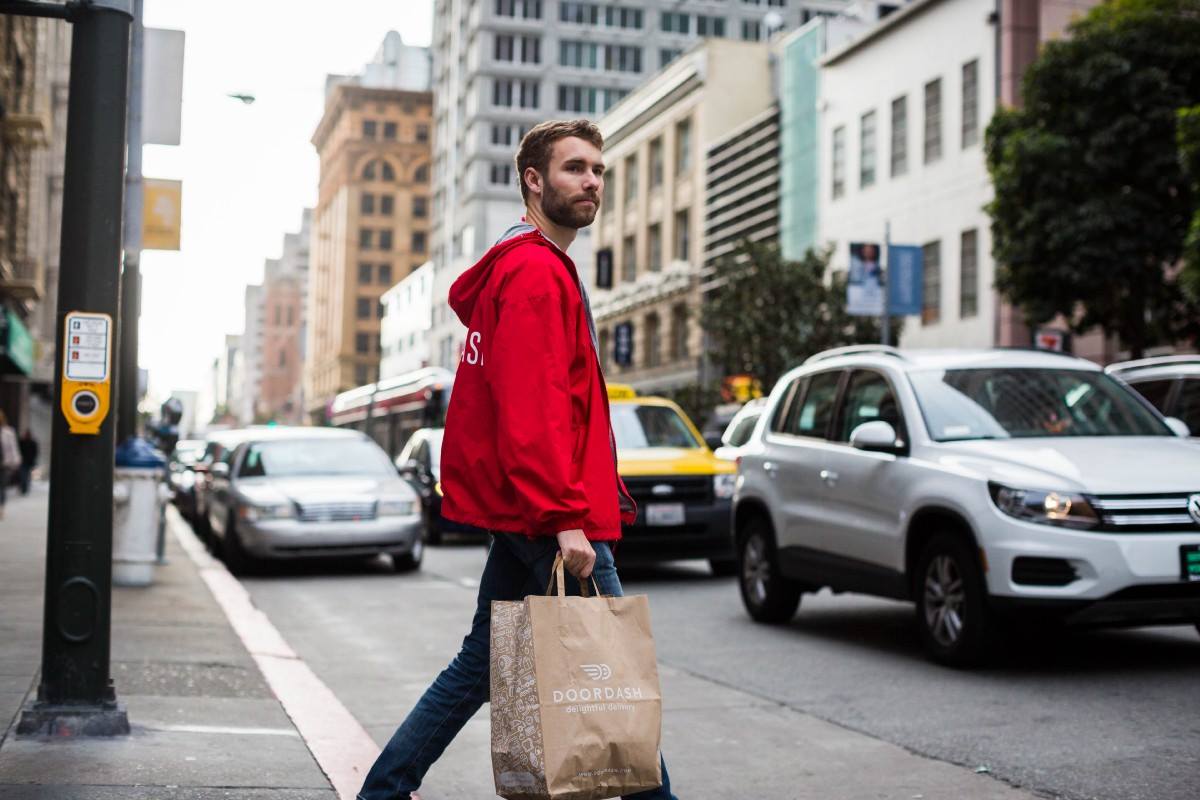DoorDash Joins Unicorn Club With Softbank-Led Half-Billion Dollar Series D

Skift Take
DoorDash has raised $535 million in a Series D round, valuing the company at $1.4 billion. Softbank led the round of investment and now has a seat on the board of directors. Softbank, known for investing in competing companies, has also invested $7.7 billion in Uber, whose Uber Eats business is one of DoorDash's largest competitors.
DoorDash will use the funding to expand to 1,600 North American cities from its current 600, a huge increase in volume and visibility in an increasingly competitive delivery landscape.
Third-party delivery companies are increasingly looking to exclusive deals and partnerships with established brands to boost their footprints. Recently, Grubhub announced it will be the sole delivery partner for Yum Brands' KFC and Taco Bell restaurants, a move that allows the company to expand its footprint into many new U.S. communities.
In an interview late last year, DoorDash chief operating officer Christopher Payne told Skift Table, "I think there’s going to be more exclusives or de facto exclusives than the industry may believe today." And indeed, since that interview Grubhub announced exclusive fast food deals with White Castle and Yum. Uber Eats serves as the sole delivery partner for 10,000 McDonald's locations.
Beyond the companies' physical footprints, technology will continue to play a role in this increasing competition. In a recent earnings call, Grubhub CEO Matt Maloney said that his company's technology was integral in securing the Yum partnership.
Point-of-sale integration is a huge priority for all of these companies. Currently, many restaurants use an iPad to receive delivery orders, and must manually enter the information into a POS system. Besides increasing speed, integrating orders placed via third-party companies into the restaurant's own system reduces error and helps to make sure the restaurants are getting orders correct.
"The end state is that it should go into the terminal," said Payne. "The challenge in point of sale integration is that it’s increasingly fragmented. It’ll be a multi-year journey to get that done and done well."




